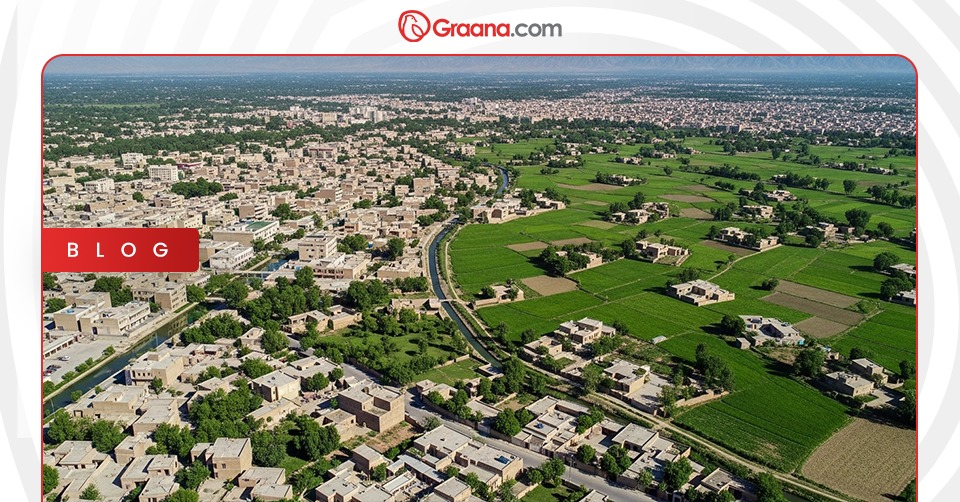What is Land Tenure?
Land tenure refers to the system of rights, responsibilities, and arrangements that govern the ownership, use, and management of land. It defines who can use land, for how long, and under what conditions. Land tenure can be legally formalized through state laws or recognized through customary and traditional systems. A secure and well-regulated land tenure system is critical for economic development, agricultural productivity, social stability, and infrastructure growth. Globally, secure land tenure fosters investment, sustainable land use, and protection of landholders’ rights, creating a foundation for individual prosperity and national progress.
Pakistan’s Land Tenure Framework:
Pakistan’s land tenure system has evolved over decades, blending formal legal structures with traditional landholding practices. The country has taken notable steps to modernize its land administration, improve transparency, ensure legal protection for landowners, and foster investment in real estate, agriculture, and infrastructure sectors.
Legal Foundations and Ownership Rights
Pakistan’s land tenure is primarily governed by key legal instruments, including:
-
Land Revenue Act, 1967
-
Registration Act, 1908
-
Transfer of Property Act, 1882
-
Provincial Tenancy and Urban Land Laws
These laws clearly define ownership, lease, tenancy, and usage rights, ensuring that land transactions are legally protected and enforceable. Private ownership, state land, communal lands, and leasehold tenure are the major forms recognized under Pakistan’s legal framework.
Embracing Digital Transformation: Modern Land Records
A major achievement in recent years has been the digitization of land records through initiatives like the Land Record Management and Information System (LRMIS). Provinces such as Punjab, Sindh, and Khyber Pakhtunkhwa have digitized millions of land records, offering:
-
Transparent and accessible land information
-
Efficient and secure property transactions
-
Minimized land disputes and fraud
This transition marks a paradigm shift in land governance, bringing Pakistan closer to global best practices in digital land administration.
Supporting Customary Tenure and Community Land Rights
Pakistan acknowledges the importance of customary and traditional tenure systems, particularly in rural and tribal areas. Efforts are underway to harmonize customary landholding with formal legal systems, ensuring that all land users – including smallholder farmers and indigenous communities – have secure and recognized rights.
This inclusive approach supports social equity and rural development, while also integrating Pakistan’s diverse cultural heritage into its land governance policies.
Empowering Citizens and Investors
Pakistan’s land tenure reforms are designed to empower individuals, landowners, and investors by providing:
-
Legal certainty of ownership and title
-
Efficient land registration processes
-
Investor-friendly policies for land acquisition, leasing, and development
These reforms support real estate development, housing initiatives, agricultural innovation, and industrial growth, contributing directly to national economic goals and job creation.
Looking ahead, Pakistan envisions a land tenure system that is:
-
Digitally advanced through innovations like geospatial mapping, blockchain-based registries, and real-time data platforms
-
Environmentally sustainable, promoting efficient land use and conservation
-
Socially inclusive, particularly focusing on women’s land rights and land access for marginalized communities
These initiatives align with Pakistan’s commitment to the Sustainable Development Goals (SDGs) and its broader Vision 2025, emphasizing land as a key enabler of sustainable prosperity. Pakistan’s approach to land tenure is professional, forward-thinking, and citizen-centric. Through continuous reforms, digitization, and legal innovation, Pakistan is building a land tenure system that ensures security, transparency, and equitable access for all stakeholders. This positive trajectory reflects Pakistan’s commitment to development, legal empowerment, and global competitiveness, making it a model for progressive land governance in the region.




